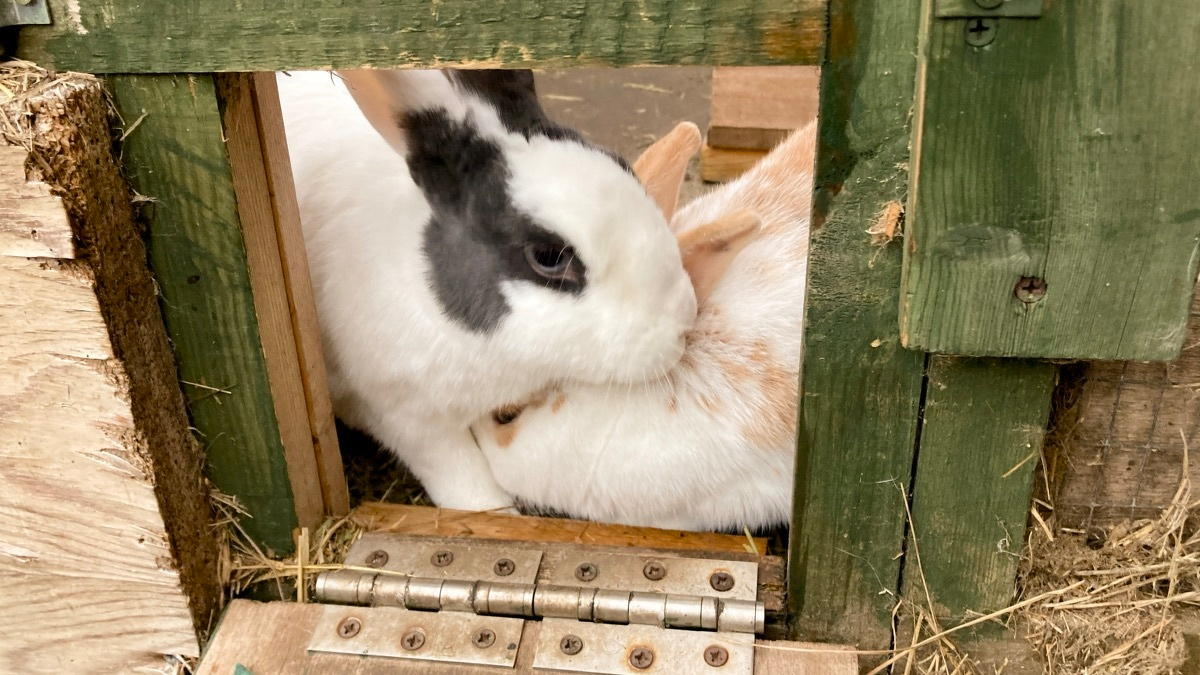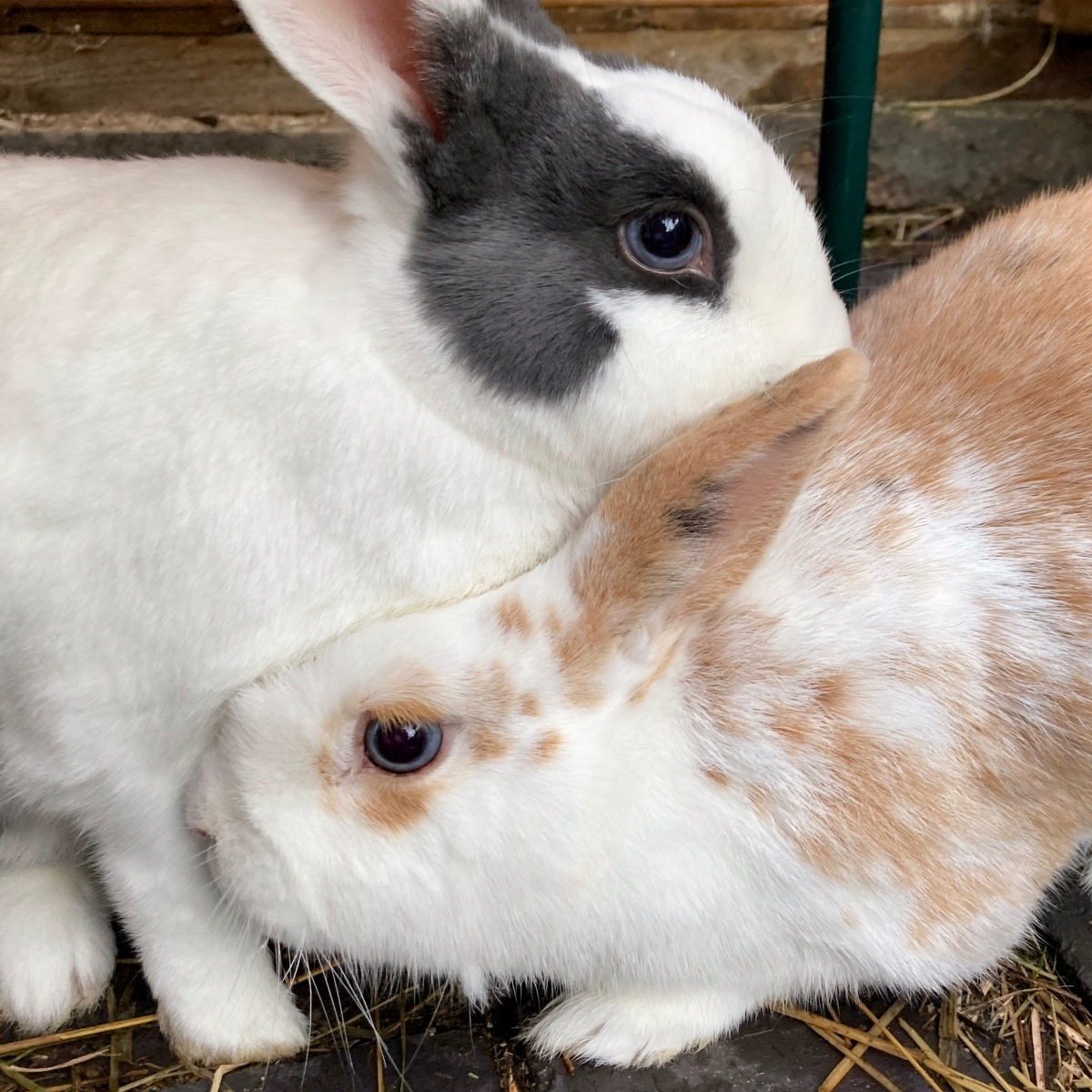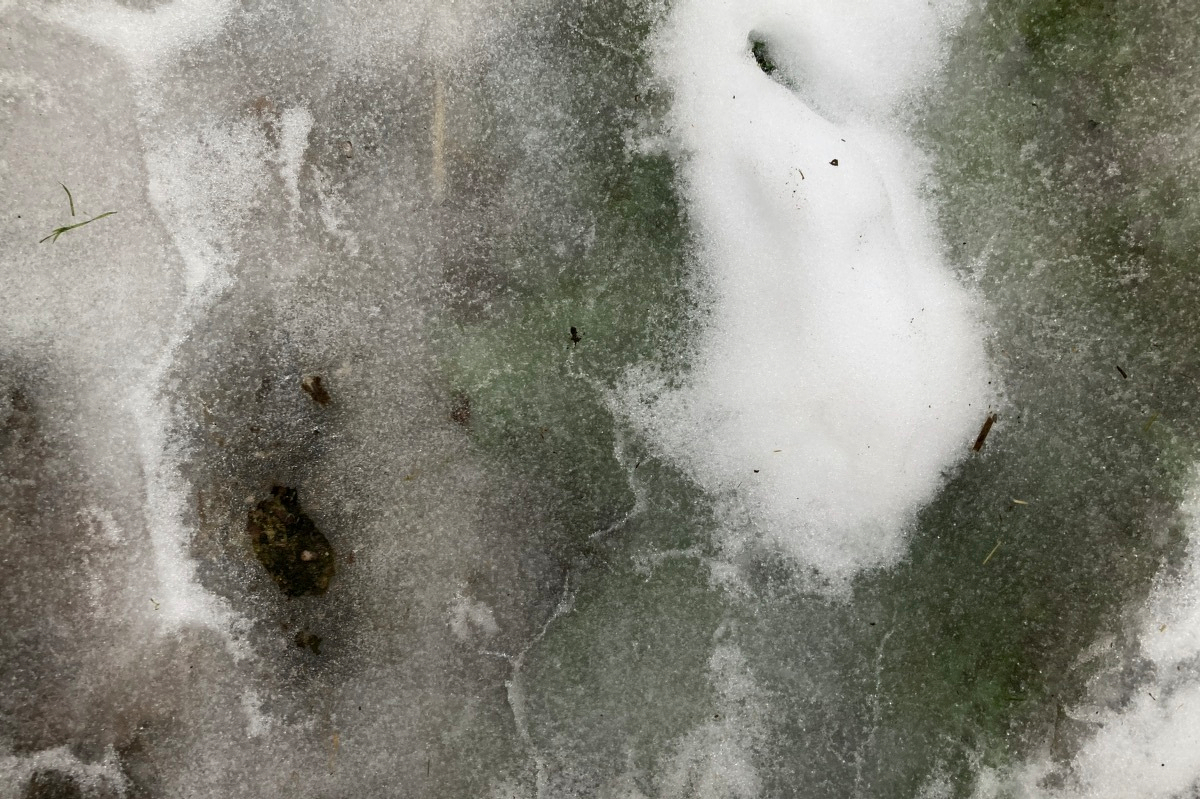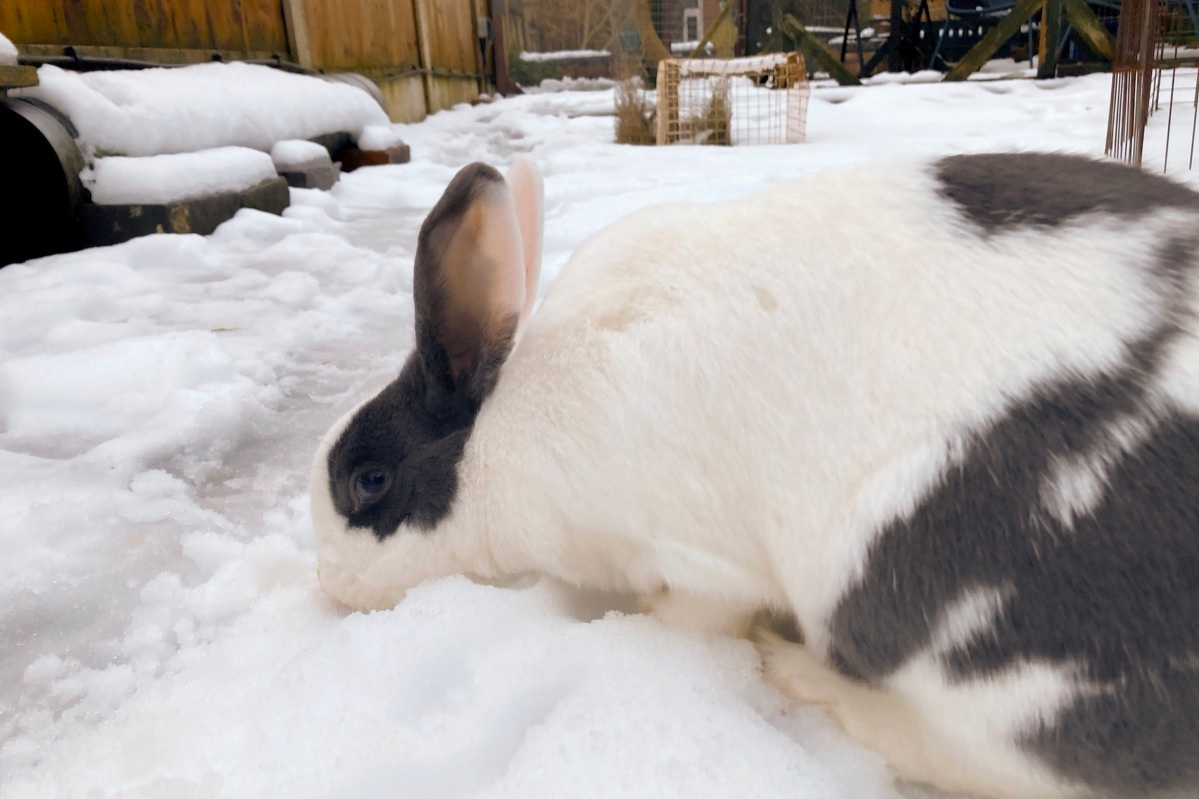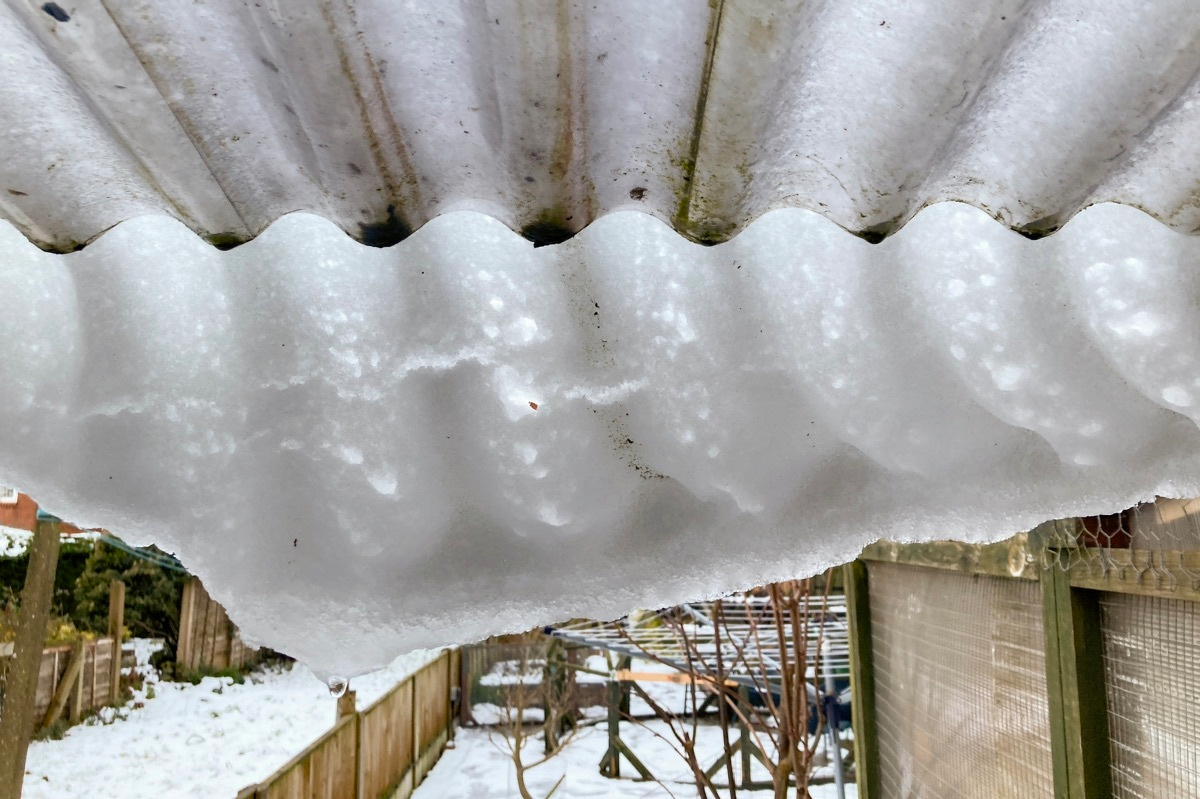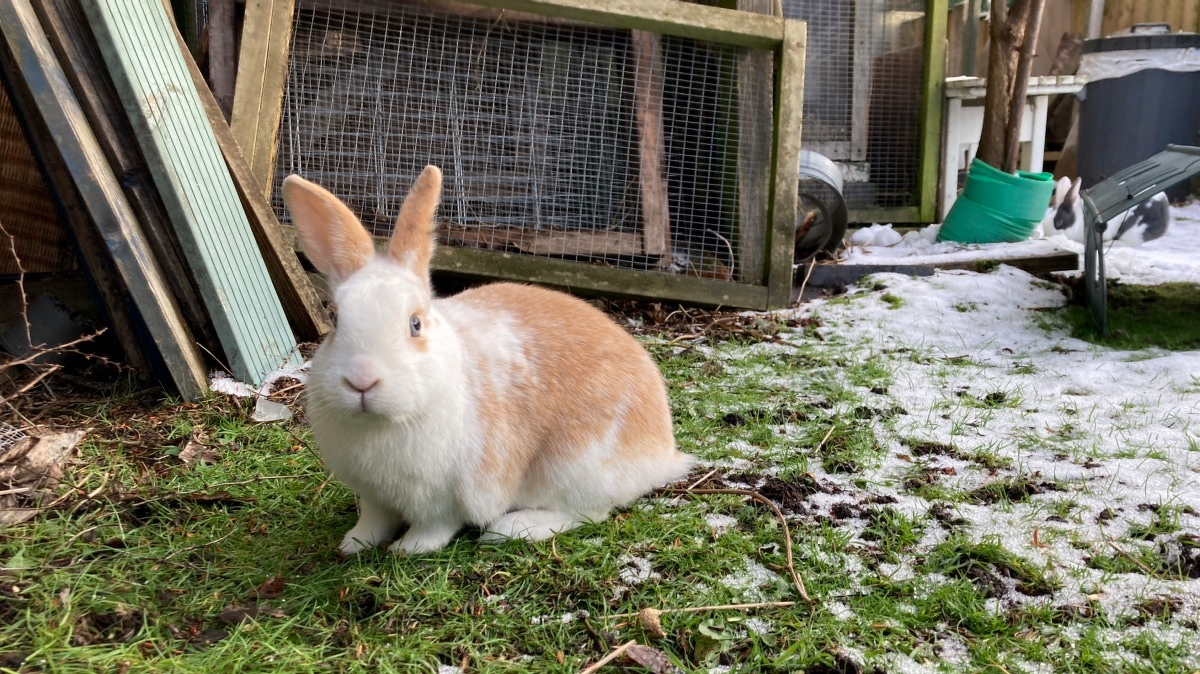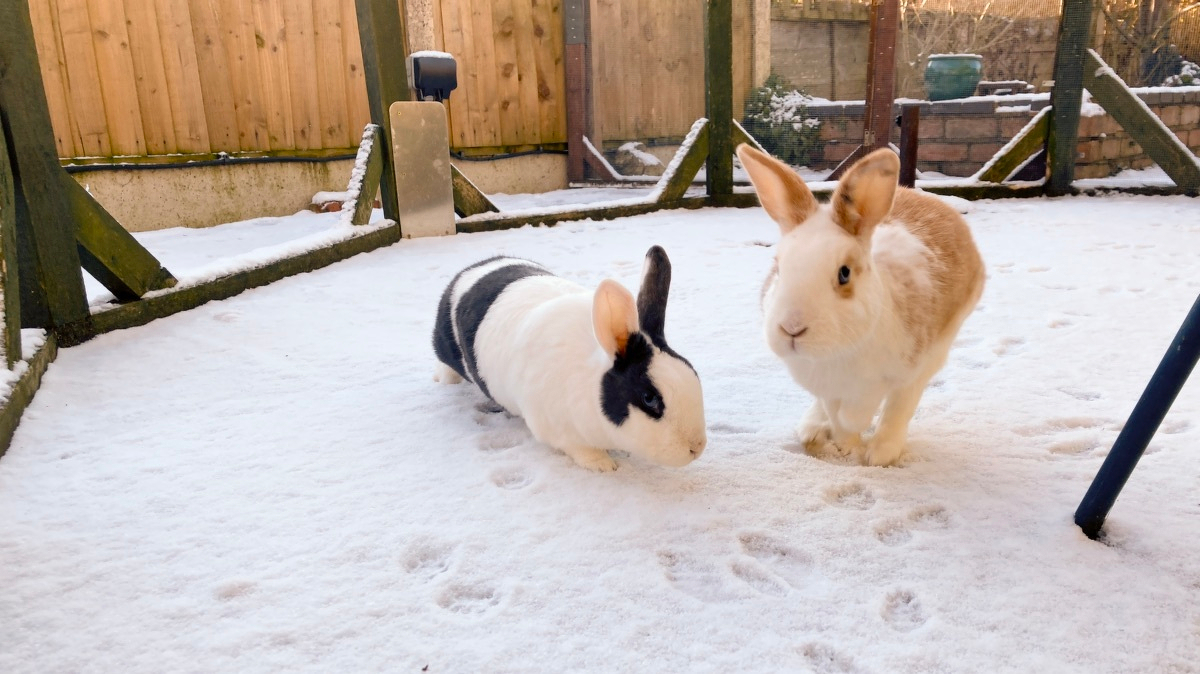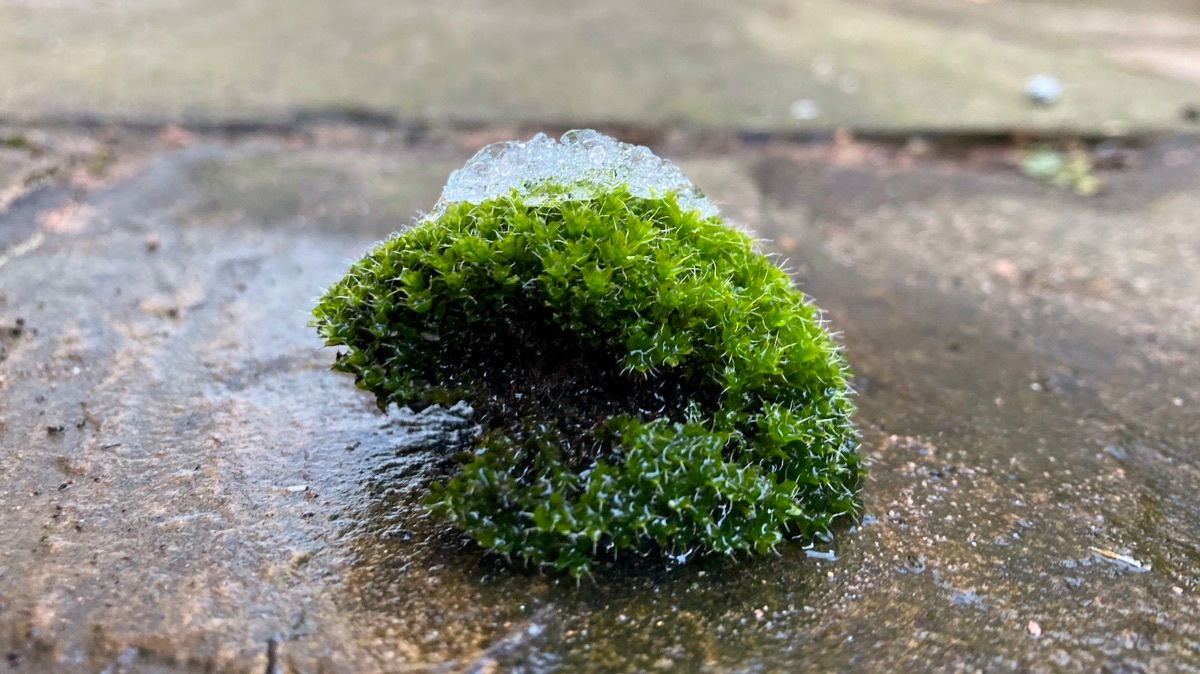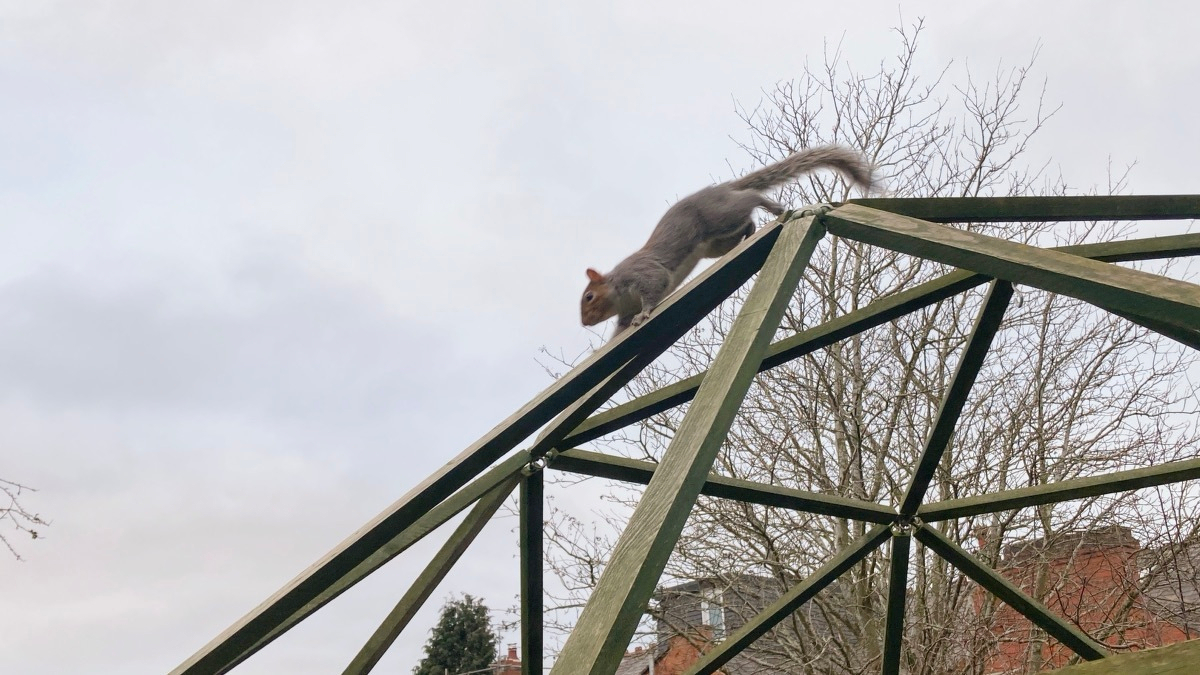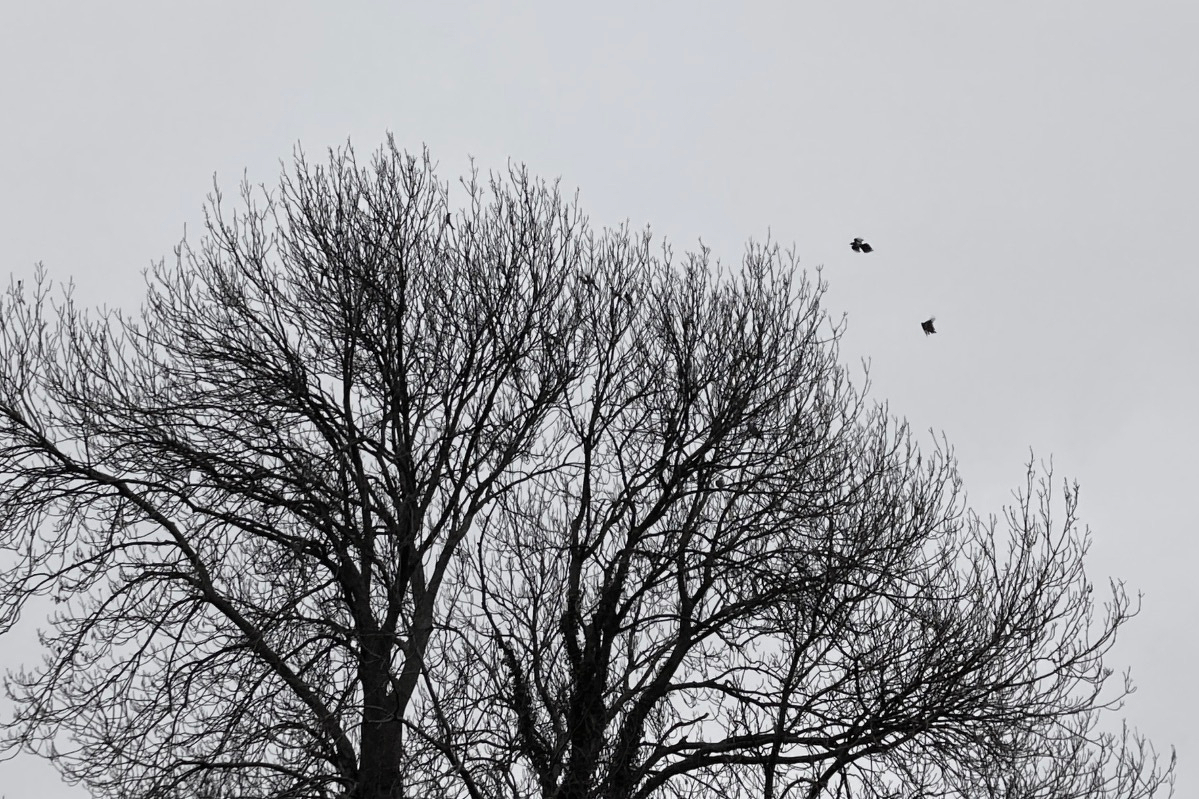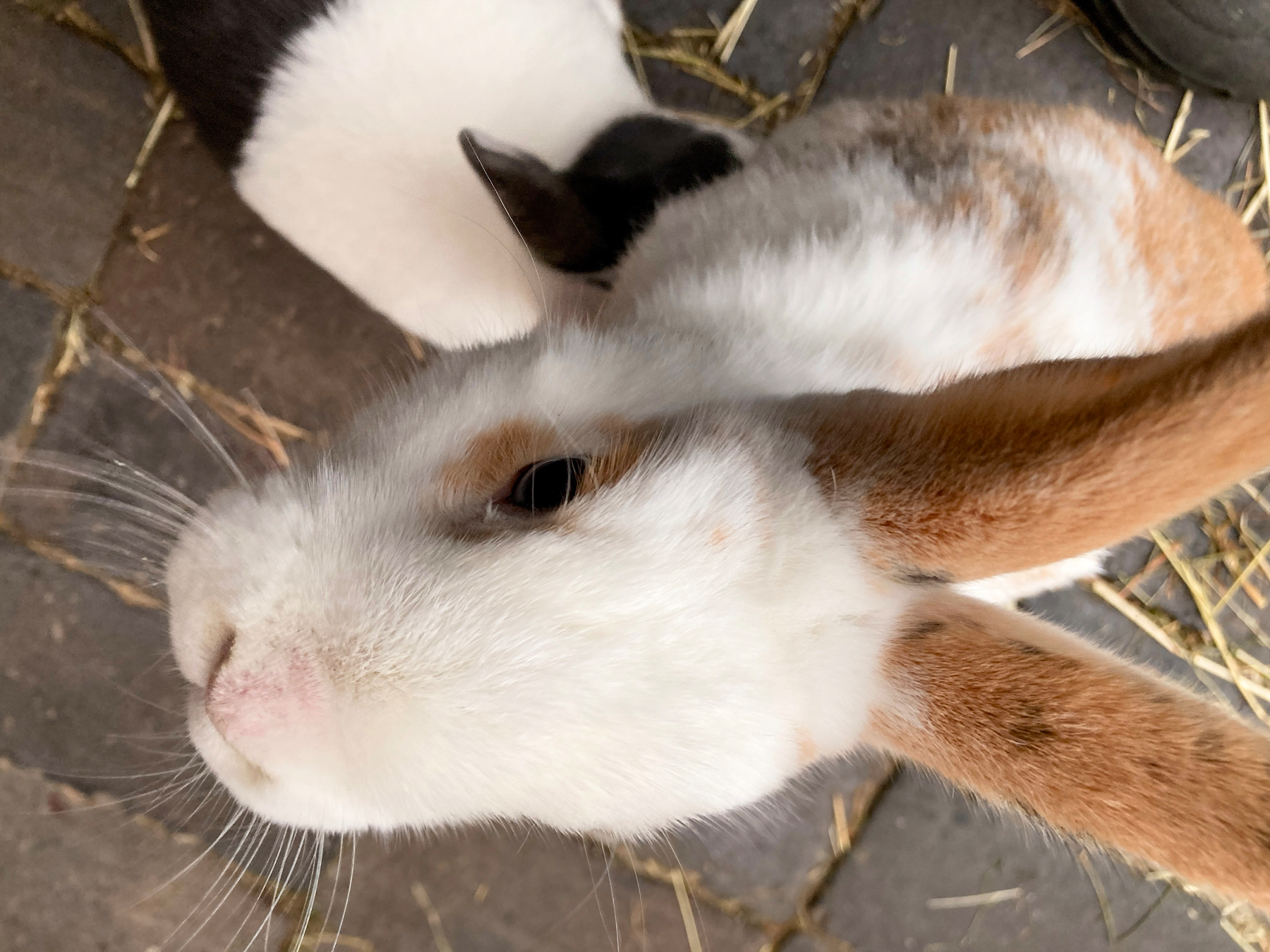⦾ Notes from Friday 16 January
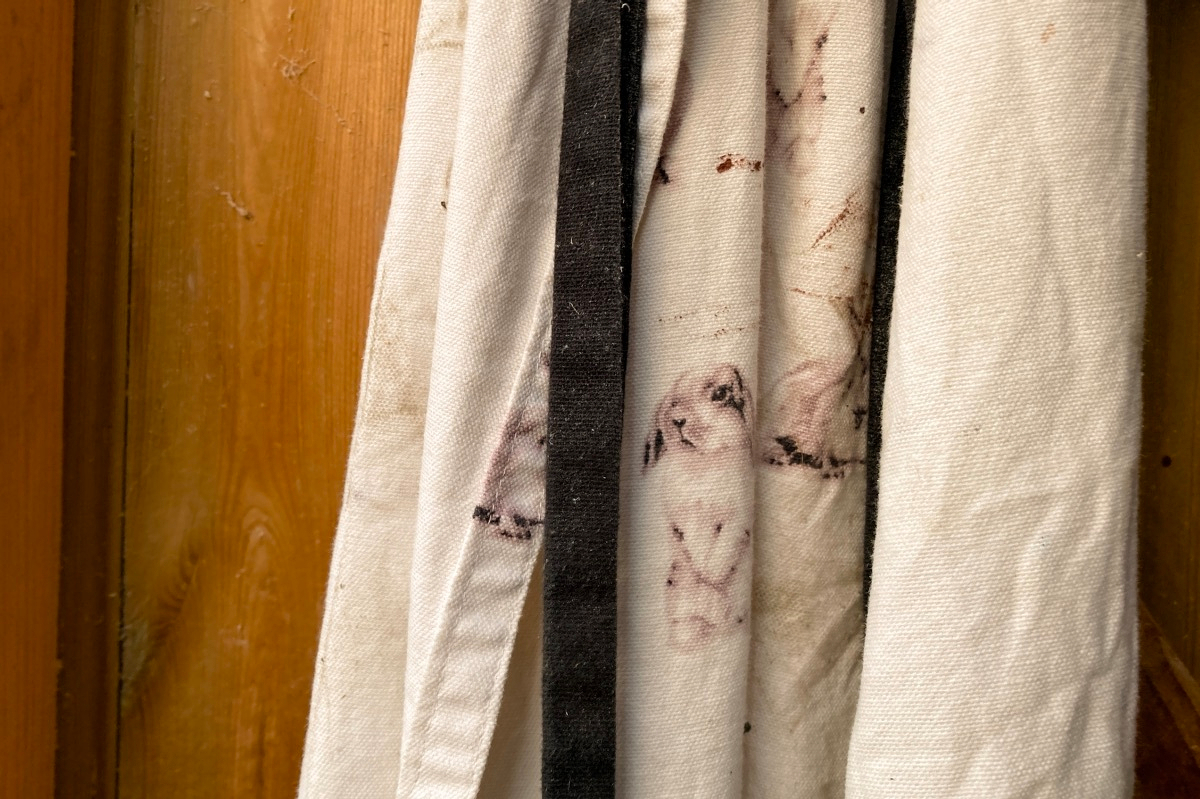
Yes my woodworking apron has a rabbit print. What of it.
Status:
Had my chronic fatigue consult and it went well. At least I think it did. With these sorts of appointments I’m often so focussed on the moment that I don’t recall anything, so thankfully Fiona sits in and makes extensive notes which I will review tomorrow. But I came out of it feeling fairly positive and that I have some support, which is good. And then I went to bed for an hour and spent the rest of the day grazing the internet (see below) and hanging with the rabbits.
Overnight listening:
- In Our Time: On Liberty - Misha Glenny’s first IOT starts strong. He’s more polite and “presenter-y” than the let’s-get-on-with-it Bragg but that’s not necessarily a bad thing. As much as I love the show Bragg could be a tiresome prick, especially when he was younger (there’s a reason I’m working through the archive backwards - he really mellows in the last couple of years). Importantly the mix of academics who aren’t that comfortable broadcasting but are giving it a go is still intact.
Music:
- Cuncordu e Tenore de Orosei: Novarea (Chants sacrés et profanes de Sardaigne) (Apple Music link, can’t find a better one to share) - heard this on Radio 3’s Night Tracks and immediately had to look it up. Starts off as monkish chanting with an Arabic twist and then these harsh, semi-discordant low harmonies kick in which tickle me in the best way. Reminds me of the soundtrack to one of Werner Herzog’s documentaries, possibly one of the volcano ones, though without rewatching I can’t be sure. [later: Herzog’s frequent collaborator Ernst Reijseger has recorded with Voches De Sardinia who are very similar.]
Reading:
- A symbol for the ⁂ fediverse - nice that it’s just a typographical character so should work pretty much everywhere.
- Adelaide and the crisis of free speech - a good primer on the fundamentals of free speech.
- Elon Musk cannot get away with this 🪜 - “this” being his social network generating and publishing kiddie porn. I have a horrible feeling he will get away with it though. When this story broke I checked our right wing tabloids to see their take on it. Their morals have always been flexible but child porn is usually a constant for immediate damnation and cancellation. This time, nothing. Is the Daily Mail afraid of Musk’s wealth and power? Or, like all the companies in the article, is it just in their ideological interests to let this slide.
- What making community compost means now - cass marketos reflects on ICE agents hanging around the LA nonprofits she works with and how her work feeds into community resilience. Nicely articulates why I’m involved with composting in my city - it’s about building foundations on which we can connect and build further.
- Just Two Things: Politics | Economics - not the first time I wish Andrew would abandon the “two things” model and post these as independently linkable pieces, but that’s a quibble. Both are good today.
Bookmarking:
- Brewing Collectives - How to start a permacomputing collective - need to figure out exactly what this is but it looks like a combination of permaculture philosophy, open source software and mutual aid. Could be interesting.
Watching:
- David Bowie, Brian Eno and Tony Visconti record ‘Warszawa’ | Adam Buxton 3:30 - some rather serious articles about the recording of Low are floating around which made me want to see this again.
- Mark Kermode reviews 28 Years Later: The Bone Temple 11:27
Telly:
- Star Trek: Starfleet Academy - Peanut Hamper!
- The Revenge Club
